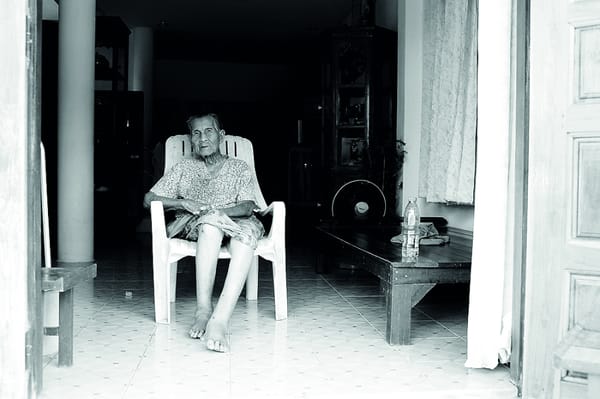Can writing a to-do list really make you fall asleep faster?
Insomnia is a big problem for many, but new research suggests that by writing down what we’ve got to do, we can get better quality sleep.

Everybody has one of those nights where you stare at the ceiling in the dark, thinking about the books that you have to return by Friday, the present that you have to get grandpa for his birthday next week… the list goes on and on – and you just cannot sleep! If you can relate, this article may hold the solution.
Insomnia is a common problem in the modern world. Whilst mental health issues or light exposure from our phones may impact how fast we can fall asleep, one common cause of poor sleep is the worry posed by upcoming tasks in the future.
These unfinished tasks are shown to have a high level of cognitive activation, such that thoughts can pop up automatically at various times during the day.
“Making lists allows you to offload worries, therefore reducing the amount of time needed to fall asleep”
To combat this phenomenon, it was shown that bedtime writing may help you to fall asleep faster. In cognitive behavioural therapy (CBT) for insomnia, therapists will often ask patients to write a ‘worry list’ to unburden anxieties. However, it was unclear what exactly you should write about in order to help you sleep.
To answer that question, scientists from Baylor University in Texas recruited 57 healthy volunteers for a one-week sleep study. Half of the group were asked to write down a list of tasks they had completed in the past few days, while the other half were asked to scribe a to-do list for errands that they have to run in the next few days.
Both writing activities required five minutes before bed, and the time needed to fall asleep was measured using overnight polysomnography – a machine that measures brain activity. Surprisingly, though many would suspect writing a to-do list prior to sleeping would cause more worry, as you would be reminded of all the things you need to do in the coming week, the reverse is true! Participants who wrote down a to-do list fell asleep faster than those who made a ‘have-done’ list.
“Unfinished tasks are shown to have a high level of cognitive activation, such that thoughts pop up automatically”
The explanation behind this effect is still debatable. The most compelling hypothesis suggests this activity allows you to offload worries, therefore reducing the amount of time needed to fall asleep. Completed tasks in the past are not worrisome, hence do not need ‘off-loading’, so writing a list has no impact.
The quantity of writing is also important, as volunteers who completed a longer to-do list fell asleep faster than those who had a shorter to-do list. Contrarily, people who wrote a detailed account of their past activities needed more time to fall asleep. This can be explained by various reasons. One explanation is that busier people may have a longer completed-task list, and may find it more difficult to sleep as they have higher stress level. A second explanation suggests that thinking of past events can lead to the activation of thought processes for future events. For instance, if you think of the PowerPoint you made yesterday, it may prompt you to think about the presentation for next week, therefore triggering more worries.
Though this potentially opens a new door to a free and easily administered sleep, larger studies are needed to conclude whether this could help people with insomnia or mental health issues. Nevertheless, next time you are unable to fall asleep, rather than writing your diary, get a pen and start writing a to-do list instead!
DOI: 10.1037/xge0000374






